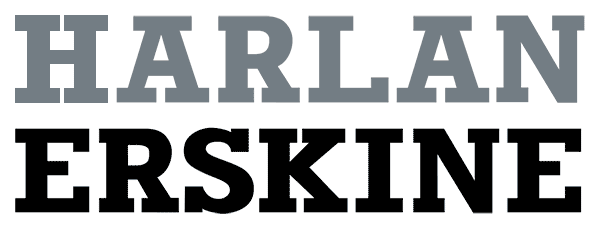In this video clip (found via Screenlabs) filmmaker Werner Herzog sits down and discusses his idea of ecstatic truth and the The Minnesota Declaration with Henry Rollins. The key part of the interview begins 1 minute into it when they begin a discussion:
Henry Rollins: Lets talk about your documentary film making, which to me is I've never seen anything like your documentaries. Can you explain the idea of “ecstatic truth”?
Werner Herzog: I think at the moment there is a major tectonic shift going on. We have virtual reality, in the Internet we have reality TV we have got digital effects, we got Photoshop we got everything is pointing towards a redefinition of reality. We have to start seeing and working and explaining and articulating reality in movies in a different way.
Cinema Verité was the answer of the 60s. Today is something else out there and I've always said sure reality has to be seen in a new way but its that is not so much the interesting part of it the interesting side of it is where is truth in all this? Cinema Verité is the accountant's truth. As I keep saying I have insulted many with that but I've always been after what I call an ecstatic truth, an ecstasy of truth.
HR: And so you would say that with all the new technology truth has not changed but now that there's different methods to get to it they should be employed to reach that–that ecstatic truth?
WH: And facts will not create truth. Facts create norms but they do not create an illumination.
HR: Do you think people who are seeking to make documentaries today are somehow limiting themselves by going back to the ideas of cinema Verité and limiting themselves by those confines?
WH: They will find there way themselves but there has to be a major shift in dealing with reality. Its as simple as that and in my documentaries they are always very close to feature films and I often stage and rehearse and repeat like in a feature film. And the feature films that I've made have some sort of a common border line with documentaries anyway when you look at Fitzcarraldo it's a film where I hoisted a steamboat over a mountain a couple of hundred tons heavy. And I keep saying that this is my best documentary.
Is Cinema Verité the equivalent to documentary photography in still image making? I'm starting to think the answer is yes.
Herzog argues for an ecstatic truth for cinema. So far, only some of Jeff Wall's work, maybe the new Stan Douglas' images and possibly Taryn Simon and Paul Graham. They all seem to be approaching an ecstatic truth in photography because of how they approach the documentary image by utilizing the tools of fictional image production.
Anyone have any other artists they can think of?
I am trying to work in this way for my thesis project in school. I hope to be approaching this illusive ecstatic truth as closely as I can. Either way, that moving away from a "photographie verité," which seems to be one of the most popular forms of image making, would be good for the art of contemporary image making. I believe there can be an ecstatic truth in art where art provides a greater illumination than just straight facts or ambiguous images of the world.
Thanks to Ruba Katrib and her curated show now up at Dumbo Arts Center - Jannicke Laker and Julika Rudelius, Ecstatic Truth for pointing me in the direction of the The Minnesota Declaration and the Herzog's idea of ecstatic truth.
